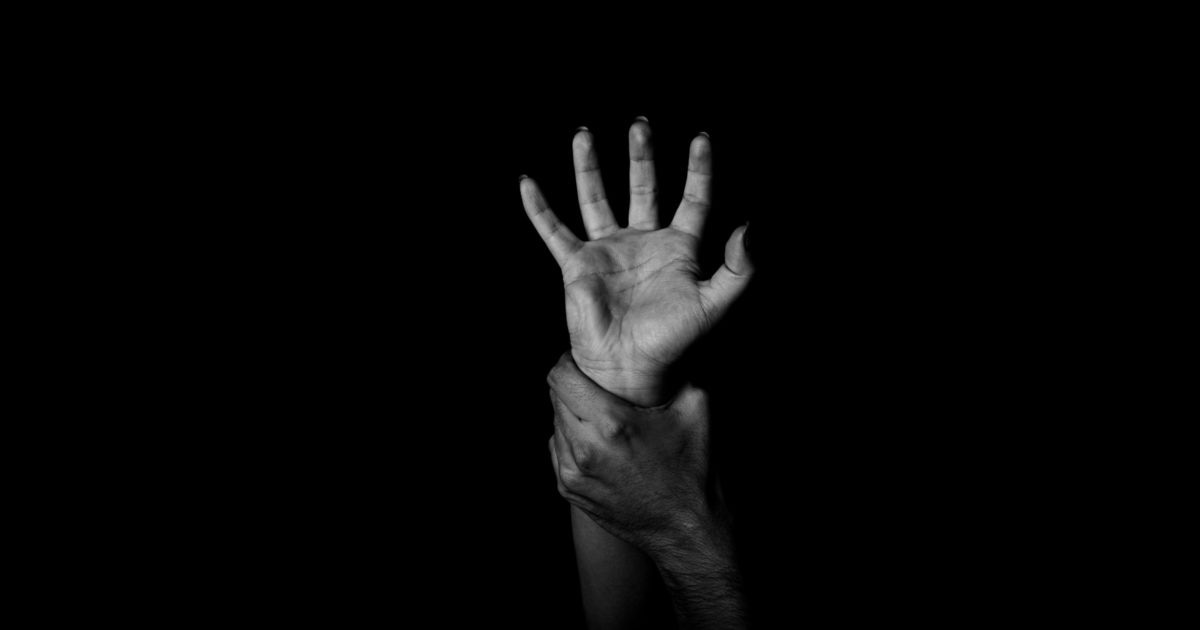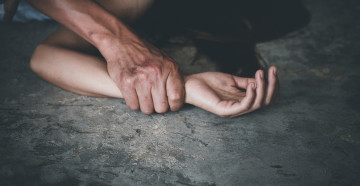Lawyer with 15 years of legal experience, specialization: family and civil law, inheritance, contract law, criminal cases, administrative cases, cases involving foreigners, migration law
War creates special conditions that increase the risk of committing crimes against personal integrity, such as rape. In wartime, these crimes are of particular importance as they are used as a tool of terror and influence on the civilian population. Combating rape in wartime is an extremely complex task that requires a comprehensive approach that includes legal measures and support from society and the state. This article discusses the main challenges and legal measures to combat wartime rape, as well as the role of lawyers under Article 152 of the Criminal Code of Ukraine (CCU).
Challenges in combating wartime rape
War poses specific challenges to the response to rape, including:
- Chaos and disorder: Law enforcement agencies may be disorganised in times of war, making it difficult to investigate and prosecute perpetrators.
- Fear and lack of trust: Victims may be afraid to seek help due to the threat of retaliation or lack of trust in law enforcement.
- Psychological trauma: Survivors of wartime rape often experience deep psychological trauma, which makes it difficult to collect evidence and provide testimony.
Legal measures to address rape
Legal responses to address wartime rape include:
- Strengthening legislation: Legislation should be improved to ensure harsher penalties for rape, especially in times of war. Article 152 of the Criminal Code provides for liability for rape, but additional legislative measures are needed in times of war.
- Establishment of specialised bodies: Specialised bodies or units within law enforcement should be established to effectively investigate and prosecute rape cases.
- Protection of victims' rights: A rape advocate plays a key role in protecting the rights of victims by providing legal support and assistance in gathering evidence.
Pre-trial defence of victims
Pre-trial defence is an important component of legal support for rape victims. A 152 CC lawyer can assist in pre-trial defence of victims by providing the following services:
Consultation: Victims need to know their rights and defence options. The lawyer provides advice on legal issues and helps them understand the investigation process.
Preparation of documents: The lawyer assists in the preparation of necessary documents, such as statements to law enforcement agencies, petitions and other procedural documents.
Collection of evidence: The lawyer helps to collect evidence that can prove the fact of rape by cooperating with law enforcement agencies and experts.
Defence in court
Defence in court is the next important step in the process of bringing perpetrators to justice. A rape lawyer represents victims in court, ensuring the protection of their rights and interests. The main aspects of defence in court include:
- Representation of interests: A lawyer represents the interests of victims, appeals against illegal actions and decisions, and supports the prosecution.
- Challenging evidence: A lawyer challenges evidence that may be questionable or illegally obtained.
- Support for victims: A lawyer provides moral and psychological support to victims during court hearings.
Psychological support for victims
Psychological support is an integral part of the rehabilitation process for victims of wartime rape. The psychological consequences of rape can be very serious and include post-traumatic stress disorder, depression, anxiety and other mental disorders.
Key aspects of psychological support include:
- Immediate psychological assistance: After a rape, survivors need immediate support from qualified psychologists. This may include crisis intervention and primary psychological care.
- Long-term therapy: Long-term psychotherapy is needed to address the long-term effects of rape, which may include individual, group and family therapy.
- Social support: An important element of rehabilitation is social support from family, friends and specialised social services.
The role of lawyers in the rehabilitation process
Lawyers play an important role in the rehabilitation process of rape survivors. They not only provide legal support, but also facilitate access to psychological assistance and other necessary resources. The main tasks of lawyers include:
- Counselling and legal support: Lawyers provide victims with advice on legal issues and help them understand their rights and options.
- Protection of interests in court: Lawyers represent victims in court, protect their rights and appeal against illegal actions or decisions.
- Cooperation with psychologists: Lawyers can work with psychologists and other professionals to provide comprehensive support to victims.
Do you need qualified legal support in cases under Article 152 of the Criminal Code of Ukraine? The team of professional lawyers at consultant.net.ua is ready to help you protect your rights. We provide a full range of legal services, including pre-trial defence, preparation of documents and representation in court. Contact us for advice and we will help you in the most difficult situations! Lawyer 152 Criminal Code, Lawyer 152 Criminal Code Ukraine, article 152 CC, article 152 CCU, Art. 152 of the Criminal Code, pre-trial closure of the case, 152 CCU, Lawyer 152 Criminal Code Ukraine, Rape, pre-trial defense, defense in court, Lawyer Rape.
Increasing the effectiveness of legal measures
To increase the effectiveness of legal measures to combat wartime rape, it is necessary to:
- Increase access to qualified lawyers: Access to qualified lawyers specialising in cases under Article 152 of the CCU should be ensured. This could include the establishment of specialised lawyers' centres and training for lawyers.
- Improvement of the material and technical base: In order to ensure quality legal and psychological support, it is necessary to improve the material and technical base of relevant institutions and organisations.
- Increase funding for victim support programmes: There is a need to increase funding for victim support programmes, in particular those that provide psychological assistance and social support.
Question
What are the main legal measures used to address rape in wartime?
Answer
In times of war, the legal response to rape includes:
Investigation of war crimes. Rape committed during an armed conflict is classified as a war crime under international law and Ukrainian legislation.
Documentation of crimes. Engage international organisations and local authorities to collect evidence and testimonies from victims.
Legal support for victims. Providing free legal aid and psychological rehabilitation for victims of violence.
Combating wartime rape is a complex and multifaceted process that requires a comprehensive approach that includes legal measures and support from society and the state. Legal support for victims is provided by lawyers who help protect their rights at all stages of the investigation and trial. Psychological support includes immediate and long-term therapy and social support. To increase the effectiveness of legal measures, it is necessary to address the problems related to access to qualified lawyers, improve the material and technical base and increase funding for support programmes.

































